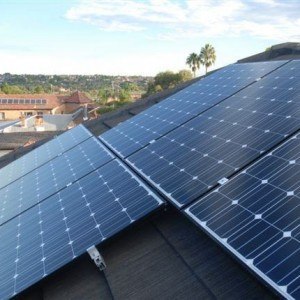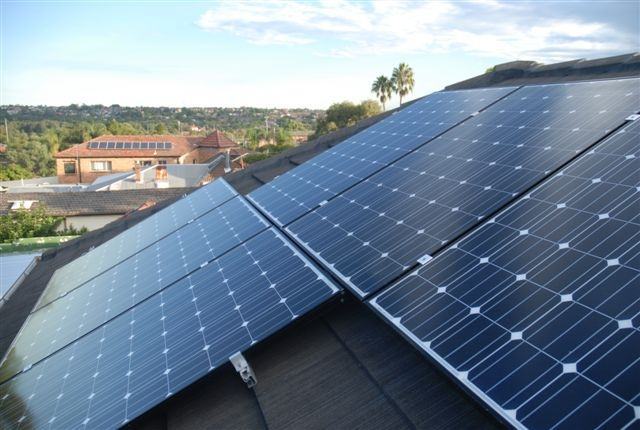Nation-wide, the success of the solar panel installation industry has been steadily increasing as more and more households and politicians contribute to the push for renewable energy. However, if you belong to the many residents of Melbourne wanting to try and reduce your electricity bills by installing a solar power system and generating your own electricity, then it would be better for you to know about the return on investment you can expect both long and short term. Most people who have already done so are now on the right track to managing this long term investment which rarely provides an short term profit.
ROI on Melbourne Solar Return on Investement Computation
To determine the Melbourne solar return on investment, you compute the amount of kilowatt per hour energy that your solar panels are capable of generating and then deduct from that amount the kilowatt per hour equivalent of what you consume in your household. What you would have in excess could then be multiplied to the current tariff rate the government levies on energy that is coursed back to their power grids, in effect selling it to them.The final sum represents your overall profit, but not many households see a return on their investment in the short term.
Maximising Melbourne Solar Return on Investment through Efficient Consumption
One of the best Melbourne solar return on investment that you would get from an installed solar panel would be energy consumption efficiency. Installing such a system can be financially draining when considering the related price, ensures that you would be doing your best to manage your electric power consumption well enough to compensate for the installation costs. In the end, your management of your power consumption would be a return of investment in itself.
How to Generate More Electricity
The only means of effectively taking advantage of what this system has to offer is by maximising Melbourne solar return on investment, which you could only do if you manage to at least offset the costs of your own power consumption. It only follows that if you have more solar panels installed, the more electricity you would be generating. As such, your power generation time would be limited by daylight, and the more equipment you have to convert that solar energy, the more power you would have for your own household as well as for extra income in selling the surplus to the government.

